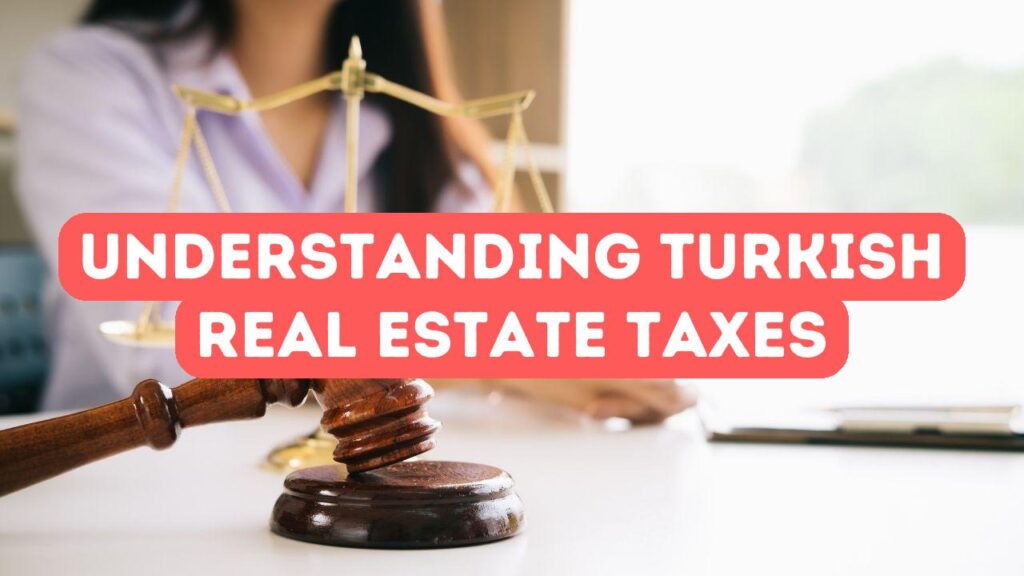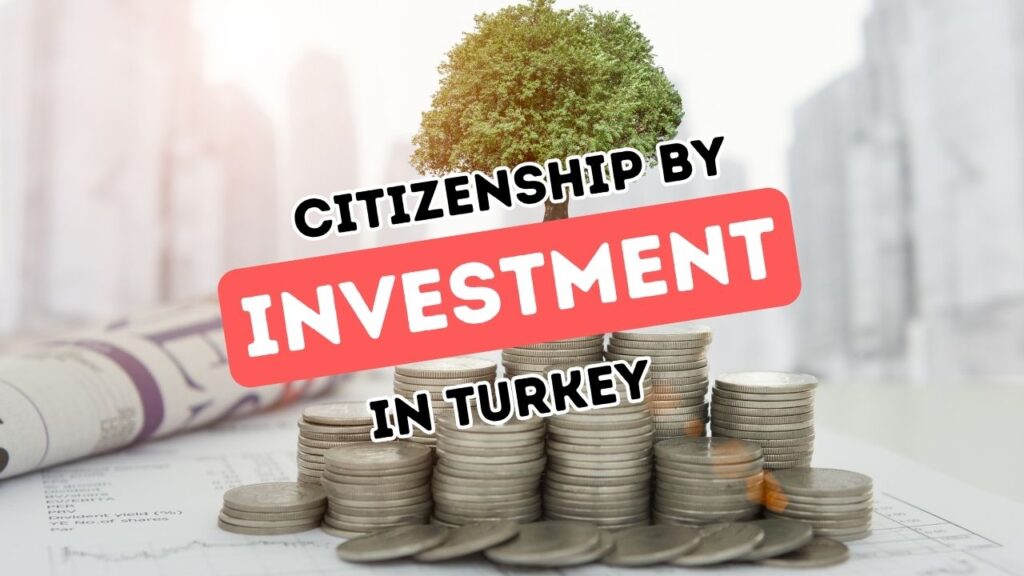Navigating the complexities of Turkish real estate taxes is crucial for anyone looking to invest in property in Turkey. At Gordion Partners, we aim to provide our clients with comprehensive guidance on all aspects related to real estate investments, including the intricate tax regulations that can impact your returns and overall investment strategy. Whether you are a foreign investor seeking to diversify your portfolio or an individual planning to move to Turkey, understanding the local tax environment will equip you with valuable knowledge to make informed decisions. Our expertise in Turkish real estate taxes ensures that you remain compliant while optimizing your investment outcomes.
The Importance of Tax Compliance in Turkish Real Estate Transactions
Ensuring tax compliance in Turkish real estate transactions is not only a legal requirement but also a critical factor for safeguarding your investment. Non-compliance can result in substantial penalties, potential legal issues, and even complications in future transactions, thereby affecting the overall profitability and success of your investment. At Gordion Partners, we emphasize the importance of adhering to all local tax obligations, including property transfer taxes, value-added tax (VAT), and annual property taxes. By doing so, investors can maintain a clear financial standing and avoid any risks that could jeopardize their asset’s value.
Moreover, maintaining proper tax compliance enhances your reputation and credibility as an investor, which can be crucial when engaging in future real estate ventures or seeking partnerships. A well-documented history of compliance demonstrates a commitment to responsible investing and can attract more opportunities and favorable terms from lenders and business associates. At Gordion Partners, we guide our clients through each step of the tax filing process, ensuring that all reports and payments are accurately completed and submitted on time. This proactive approach not only mitigates the risk of unexpected liabilities but also positions you for long-term success in the Turkish real estate market.
Finally, understanding and adhering to Turkish real estate tax obligations allows investors to take full advantage of potential tax incentives and exemptions available. These benefits can significantly enhance the return on investment by reducing tax burdens and increasing overall profitability. Gordion Partners stay updated with the latest changes in tax legislation and ensure that our clients are informed about any opportunities for tax optimization. Our tailored advisory services include strategic planning to leverage eligible tax benefits, thereby maximizing your investment potential while ensuring full compliance with Turkish tax laws. By partnering with us, you can confidently navigate the complexities of Turkish real estate taxes and focus on growing your investment portfolio.
Key Tax Considerations for Foreign Investors in Turkey
When investing in Turkish real estate, foreign investors must be aware of several key tax considerations to ensure compliance and optimize their investment returns. One of the primary taxes to consider is the Capital Gains Tax, which applies to profits earned from the sale of property. If a property is sold within five years of acquisition, the profit is subject to a progressive tax rate ranging from 15% to 35%. Additionally, the annual Property Tax, calculated at varying rates depending on the property’s value and location, must be paid by property owners. Understanding these taxes is crucial for accurately forecasting expenses and potential profits, ensuring that your investment strategy aligns with Turkey’s tax regulations.
Another essential consideration is the Value Added Tax (VAT) which may apply to property purchases. Generally, residential properties smaller than 150 square meters are exempt from VAT, while larger properties may incur VAT at rates up to 18%. However, foreign buyers might be eligible for a VAT exemption under specific conditions such as completing the purchase through a transfer of funds from abroad and committing to hold the property for at least one year. Consulting with experts like Gordion Partners can help you navigate these exemptions and ensure that you capitalize on the opportunities to minimize tax liabilities legally and efficiently.
Lastly, it’s important to be aware of the Stamp Duty, which is levied on various legal documents, including property sale agreements. This duty generally amounts to 0.948% of the property’s sale price and must be settled to validate the transaction legally. Moreover, there are annual obligations such as the Environmental Cleaning Tax, typically included in municipal utility bills. Payment of this tax is necessary for maintaining the property’s compliance with local regulations. At Gordion Partners, we emphasize the significance of recognizing these recurring and one-time taxes to establish a thorough financial plan. By understanding these tax obligations, foreign investors can ensure that they meet all regulatory requirements while strategically managing their investments for optimal returns.
Navigating Turkish Property Tax Regulations: Expert Tips and Insights
Turkish property tax regulations can appear daunting at first, but with the right guidance, they become manageable. One of the key taxes to consider is the annual property tax, which varies based on the location and type of property, generally ranging from 0.1% to 0.6% of the property’s assessed value. Foreign investors should also be aware of the potential for VAT (Value Added Tax) exemptions, applicable under certain conditions, such as purchasing newly built properties. Furthermore, understanding the nuances of capital gains tax, which applies to the profit made from selling property owned for less than five years, is crucial. Partnering with experienced advisors like Gordion Partners ensures you navigate these regulations efficiently, aligning your investment strategy with local laws to maximize returns.
Another critical aspect to consider is the transfer tax, which is payable during the purchase of property and is calculated at 4% of the declared property value, typically shared equally between the buyer and the seller. Additionally, passing the title deed, known as “tapu,” requires careful attention to avoid any legal complications. At Gordion Partners, we emphasize the importance of conducting thorough due diligence before any transaction, which includes verifying the property’s legal status and ensuring compliance with municipal requirements. Understanding these procedures not only mitigates risks but also ensures a smoother investment process. Our team is equipped with the expertise needed to streamline your property acquisition in Turkey, providing peace of mind and clarity in every step of your investment journey.
It’s equally important to be aware of the inheritance and gift tax that could affect your real estate holdings in Turkey. This tax ranges from 1% to 30%, based on the value of the property and the relationship between the donor and the recipient. Proper planning and expert advice are key to minimizing these taxes, especially for those planning to pass property to heirs or make significant gifts. At Gordion Partners, we assist our clients in structuring their estate planning effectively, ensuring compliance with Turkish regulations while optimizing tax liabilities. By leveraging our in-depth knowledge and hands-on experience, we help you foresee potential tax obligations and integrate them seamlessly into your long-term investment strategy, safeguarding your assets for future generations.






